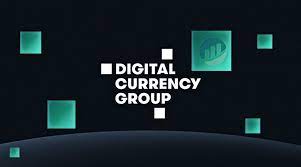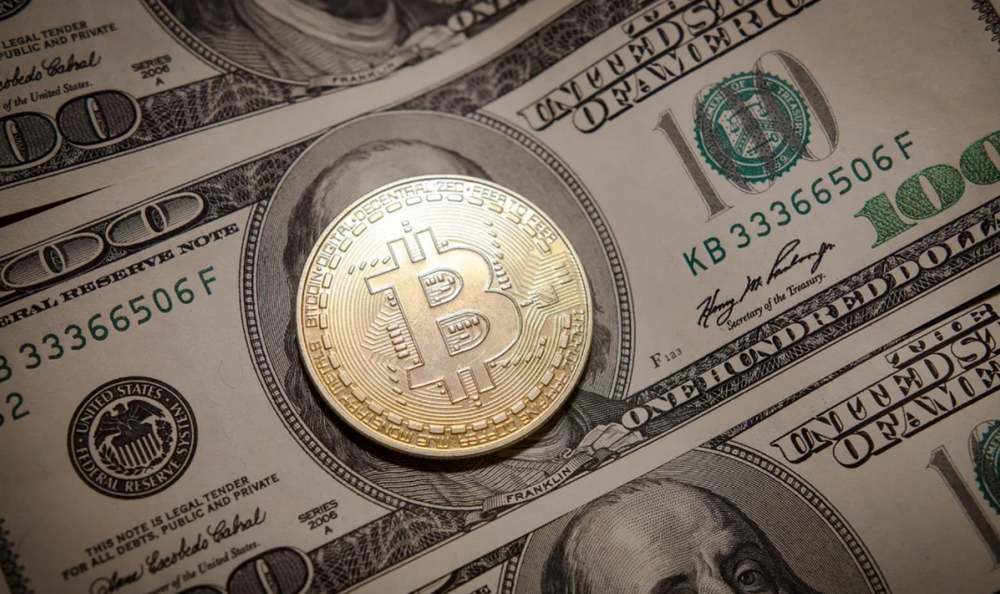Promote stable currency model to global partners, Morgan Morgan and former Intel employees issue stable currency USDD
According to a report by Cointelegraph on October 2, the Global Monetary Organization (GCO) announced on October 1 that it will launch a stable currency, the US dollar (USDD), endorsed by the US dollar.
 (Source: pixabay )
(Source: pixabay )
The International Monetary Fund is a new project led by former employees of JPMorgan Chase, Intel and TrustToken. It plans to extend the stable currency model to its global network of partners to help its users exchange assets between cryptocurrency and fiat currency.
The team said that they set up the organization to "shrink the gap between traditional finance and decentralized finance." Joe Valanikaran, CEO of the Global Monetary Fund, added:
- Interview with Vitalik, see him talk about Ethereum 3.0, Libra, central bank digital currency, zero-knowledge proof
- The Wall Street Journal: Visa, MasterCard and other companies are rethinking participation in Libra
- Expectations are too high? Bakkt weekly trading volume is only 5 million US dollars
We are excited to introduce a stable currency to provide institutional-level digital currency for everyday traders. Our goal is to make everyone benefit from the blockchain, which is a huge vision. We are pleased to be able to publish USDD and open the global monetary organization's business network to institutional partners around the world.
Vellanikaran further pointed out that because of the popularity of stable currencies like USDC and GUSD, investors are now aware of how important the guarantees in the blockchain area are, he added:
With the USDD, which is fully endorsed by the US dollar, we will benefit from the stability and security of the stable currency and open it to the global partner network, which is the next development direction of the stable currency industry.
Warning from the European Central Bank
Cointelegraph previously reported that Benoit Coeure, a member of the European Central Bank's (ECB) board of directors, said stable currency could pose a serious risk to public policy.
Stabilizing coins are often untested, especially at the scale required to operate a global payment system. They raise some serious risks associated with public policy. Therefore, the threshold for regulatory approval will be high.
We will continue to update Blocking; if you have any questions or suggestions, please contact us!
Was this article helpful?
93 out of 132 found this helpful
Related articles
- Is the sterling currency inflation mechanism a profit tool? Foundation proposes to abolish
- Babbitt column | Incentive noise: talk about the impact of the economy
- Increase the cost of operating gas, Istanbul upgrade will destroy nearly 680 smart contracts on Arago
- The Fairwin contract, which had accumulated $125 million, was cleared. Will you dare to play after three days of restarting?
- Bitcoin poses a threat to anti-piracy work?
- Forbes: Five key elements of a successful business blockchain
- Barbell strategy for cryptocurrency






